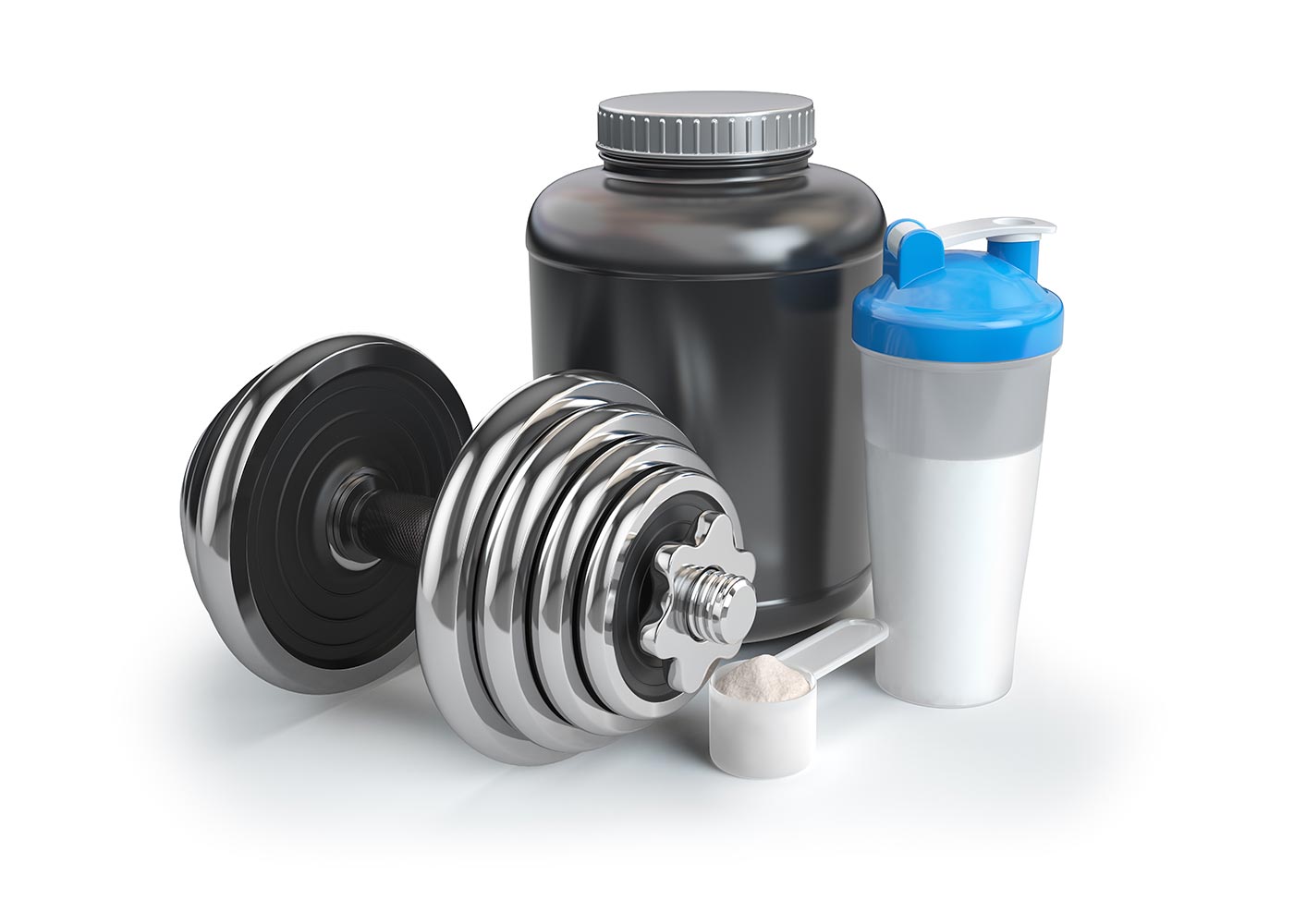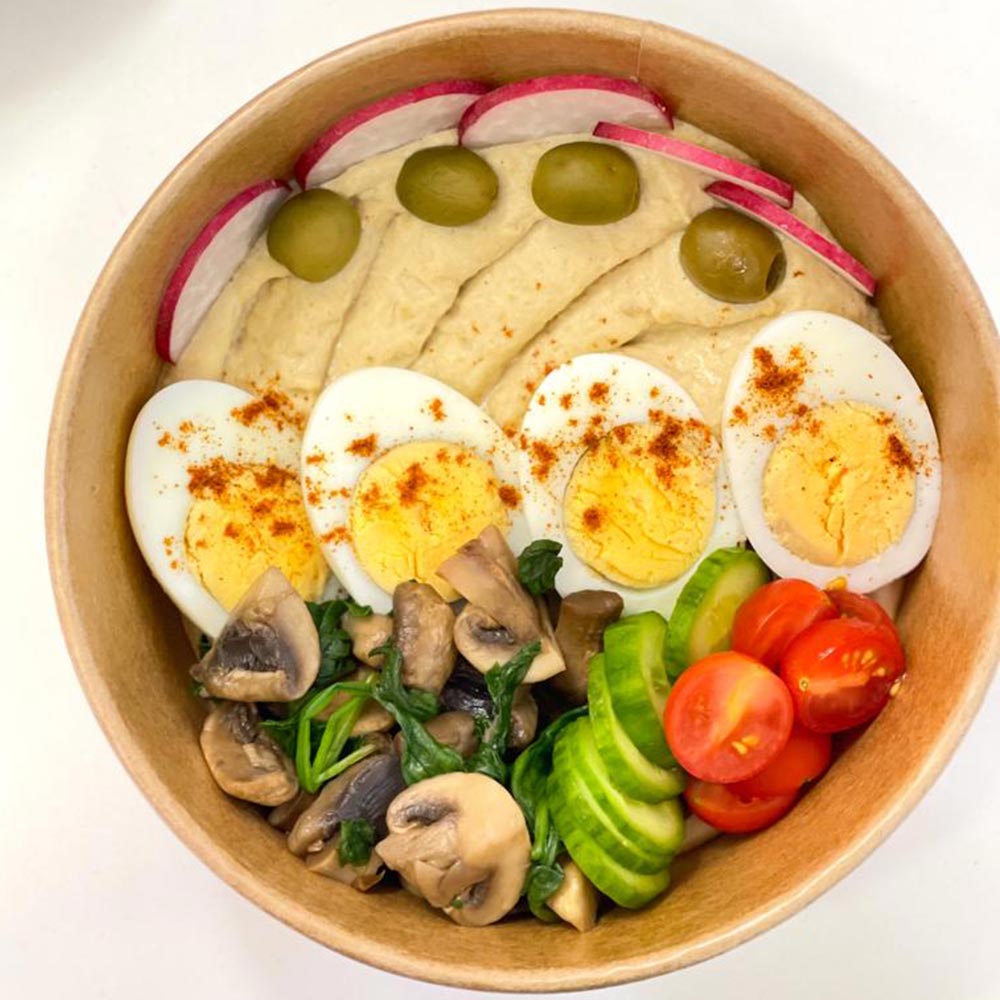Whichever way you choose to look at it, the goal of a muscle
gain plan is to increase muscle size, strength, and definition through a
combination of strength training and proper nutrition.
Aside from models, and those who find themselves within a
certain age bracket, usually Gen Z and a few millennials, there seems to be a
thought disconnect between one being intentional about a muscle gain, a diet to
it, or just the task of judiciously working out, perhaps this is due to life
drama or a midlife crisis, as they put it. We will get back to this.
What is muscle gain?
A muscle gain plan, also known as a muscle-building plan, is a structured approach to
nutrition and exercise designed to promote the growth and development of
skeletal muscle tissue.
Muscle gain plans may also involve calorie cycling, which
involves alternating between periods of higher and lower calorie intake to
support muscle growth while minimizing fat gain.
Some muscle gain diets may also involve the use of
supplements, such as protein powders, creatine, or branched-chain amino acids
(BCAAs), to support muscle growth and recovery.
Is a muscle gain plan for everyone?
However, it's important to note that muscle gain diets are
not appropriate for everyone and should be tailored to an individual's specific
needs and goals.
It's also essential to follow a balanced and varied diet
that includes a range of nutrient-dense foods to support overall health and
well-being and to consult with a healthcare professional or registered
dietitian before making any significant changes to your diet.
Is a muscle gain plan diet still in vogue?
Yes, muscle gain plans and diets are still very much in
vogue, particularly among those who are interested in bodybuilding or improving
their athletic performance.
These diets typically involve consuming a high amount of
protein, as well as complex carbohydrates and healthy fats, to support muscle
growth and recovery.
What does a muscle gain plan diet include?
A muscle gain plan typically involves a few key components:
Strength training: A muscle gain plan will generally involve
regular strength training exercises, such as weightlifting or resistance
training, to stimulate muscle growth and development. The focus is usually on
compound exercises, which work for multiple muscle groups at once, such as
squats, deadlifts, and bench presses.
Proper nutrition: Proper nutrition is an essential component
of a muscle gain plan, as the body requires enough calories and nutrients to
support muscle growth and repair. A muscle gain plan typically involves
consuming a high amount of protein, as well as complex carbohydrates and
healthy fats.
Calorie surplus: To support muscle growth, a muscle gain
plan usually involves consuming a surplus of calories, meaning that a person is
consuming more calories than they are burning through exercise and daily
activities.
Rest and recovery: Rest and recovery are essential for
muscle growth and development, as the body needs time to repair and rebuild
muscle tissue. A muscle gain plan typically involves adequate rest and recovery
time, as well as proper sleep and hydration.
What is the major drawback of a muscle gain diet plan?
A muscle gain diet plan may not be appropriate for everyone,
particularly those with certain health conditions or dietary restrictions.
For example, individuals with kidney disease or other
medical conditions may need to limit their protein intake, while those
following a vegetarian or vegan diet may need to be more strategic in their
approach to consuming sufficient protein.
A muscle gain diet plan may also require significant time
and financial investment, as it often involves consuming large amounts of
high-quality protein sources, such as lean meats and protein supplements. It
may also require a significant time commitment for meal planning and
preparation, as well as regular strength training sessions.
Conclusion.
A muscle gain plan is a structured approach to strength training and nutrition designed to support muscle growth and development. And yes, it is still in vogue.
While this diet plan is still considered, it is sacrosanct to work with a qualified fitness professional or registered dietitian to develop a plan that is tailored to your specific goals and needs.






























